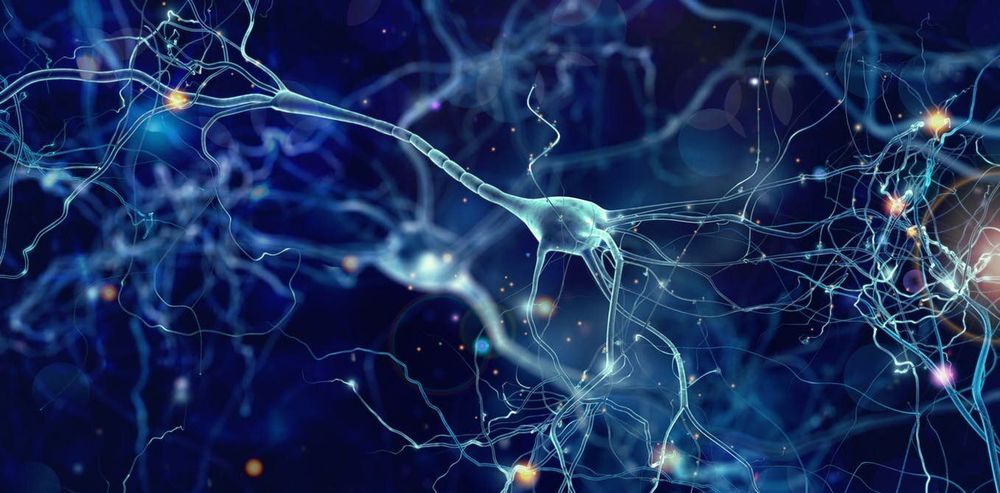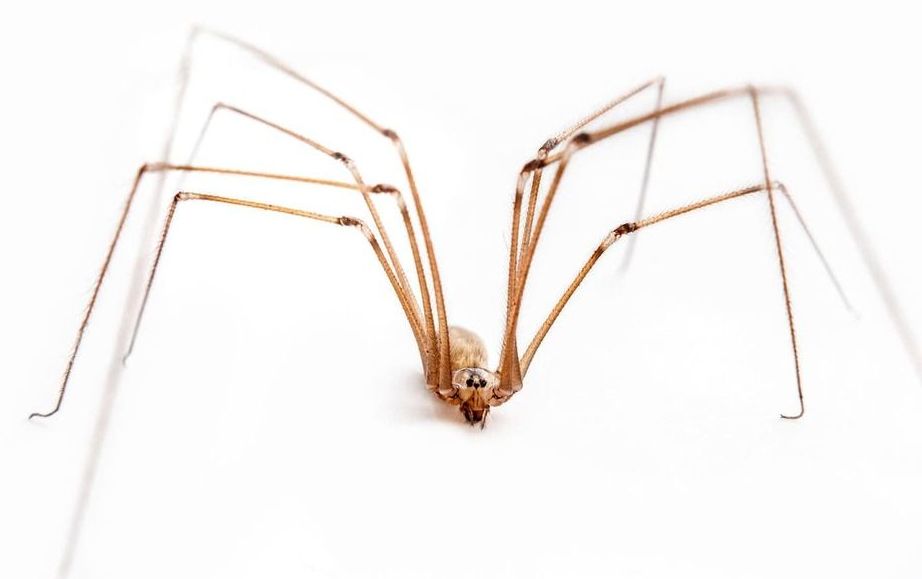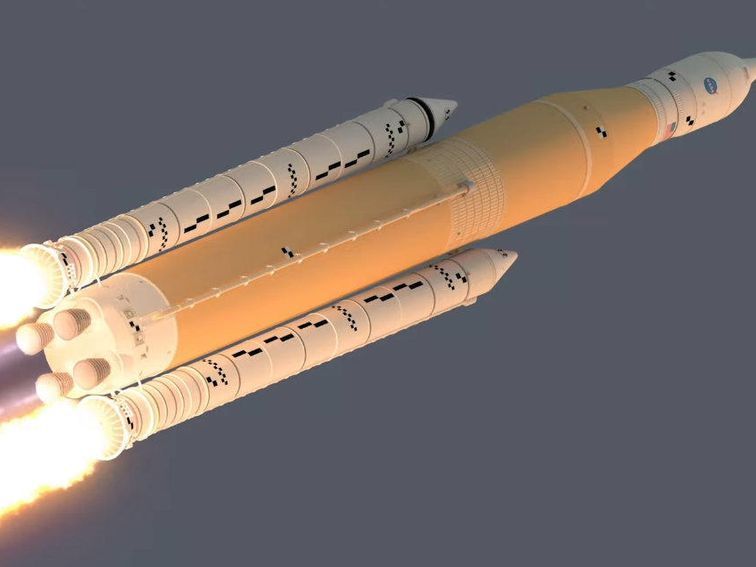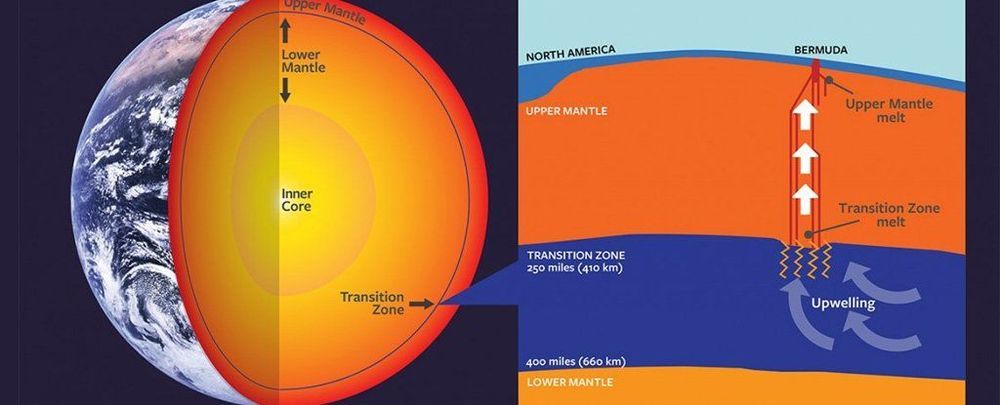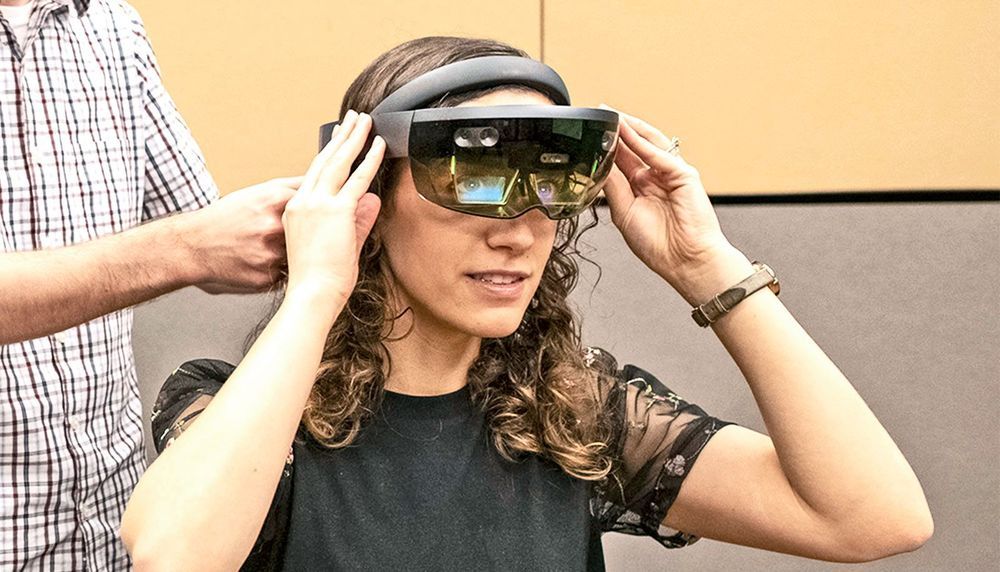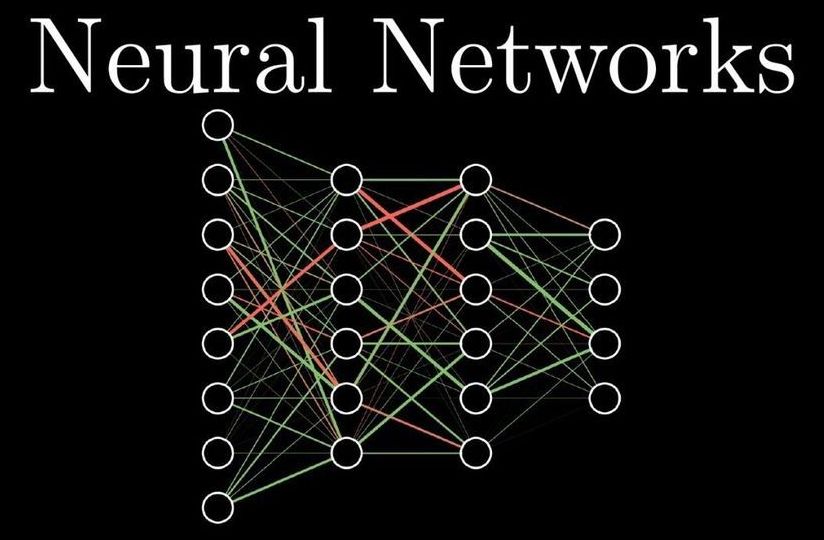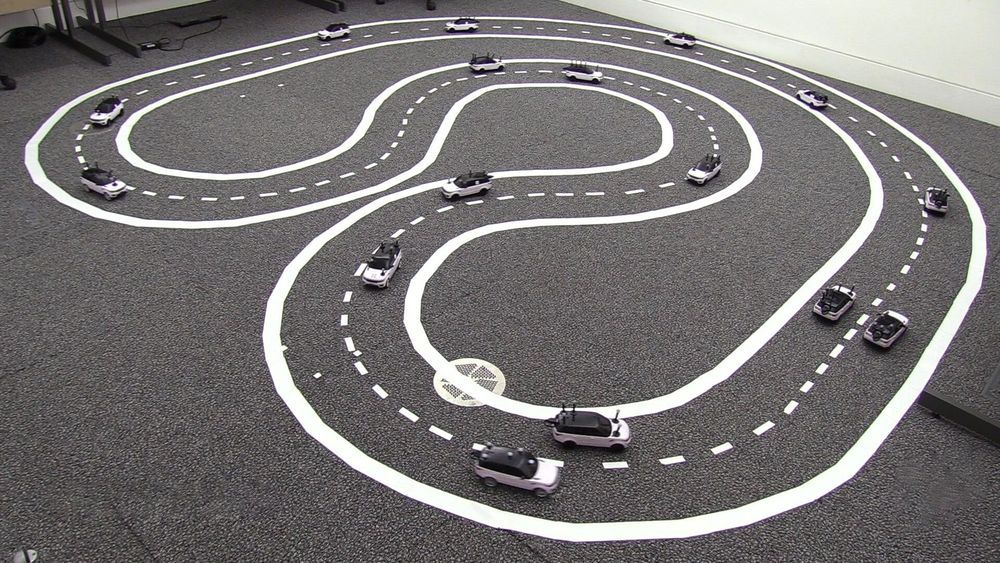May 20, 2019
New autism research on single neurons suggests signaling problems in brain circuits
Posted by Paul Battista in categories: biotech/medical, chemistry, neuroscience
Autism affects at least 2% of children in the United States—an estimated 1 in 59. This is challenging for both the patients and their parents or caregivers. What’s worse is that today there is no medical treatment for autism. That is in large part because we still don’t fully understand how autism develops and alters normal brain function.
One of the main reasons it is hard to decipher the processes that cause the disease is that it is highly variable. So how do we understand how autism changes the brain?
Using a new technology called single-nucleus RNA sequencing, we analyzed the chemistry inside specific brain cells from both healthy people and those with autism and identified dramatic differences that may cause this disease. These autism-specific differences could provide valuable new targets for drug development.
